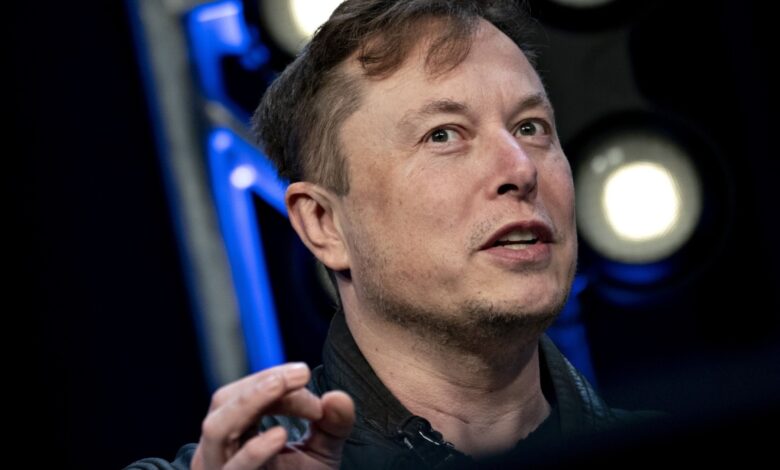Musk attacks Twitter deal over whistle-blower

Elon Musk has cited the recent accusations from a Twitter Inc. whistle-blower as a new reason to terminate the $44 billion takeover of the social media platform.
Peiter Zatko, Twitter’s ex-head of security, claimed he raised questions about severe shortcomings in the social media company’s handling of users’ personal data, including running out-of-date software and that executives had withheld information about breaches and lack of protections for user data.
In a filing on Tuesday, lawyers on behalf of Musk said the allegations by Zatko, including “egregious deficiencies” in the platform’s defenses against hackers and privacy issues, meant that Twitter had breached the conditions in the merger agreement.
Twitter’s lawyers responded with their own filing, saying the case for termination of the deal is “invalid and wrongful under the agreement.”
Twitter shares fell 1.3% in premarket trading on Tuesday before New York exchanges opened, to $39.50, far below Musk’s offer price of $54.20.Musk has been attempting for months to try and extract himself from the takeover of Twitter, initially leading with the claim that Twitter’s user figures are inflated by millions of robot accounts.
Lawyers for both Musk and Twitter have subpoenaed Zatko, who said the social-media platform’s officials didn’t know or care to find out how many accounts were spam or robot accounts.Twitter, which has maintained that spam and bots make up fewer than 5% of accounts, sued Musk in July to force him to complete his proposed acquisition. Since then, more than 100 people, banks, funds and other firms have been subpoenaed in the Delaware suit, with a trial scheduled to begin Oct. 17.
Twitter has previously called Zatko’s complaint “a false narrative about Twitter and our privacy and data security practices that is riddled with inconsistencies and inaccuracies and lacks important context.”
The new findings add to Musk’s claims, according to the letter published Tuesday, showing that Twitter is in “material noncompliance” with obligations around data privacy and consumer protection laws and that the company is vulnerable to data center failures and malicious actors





